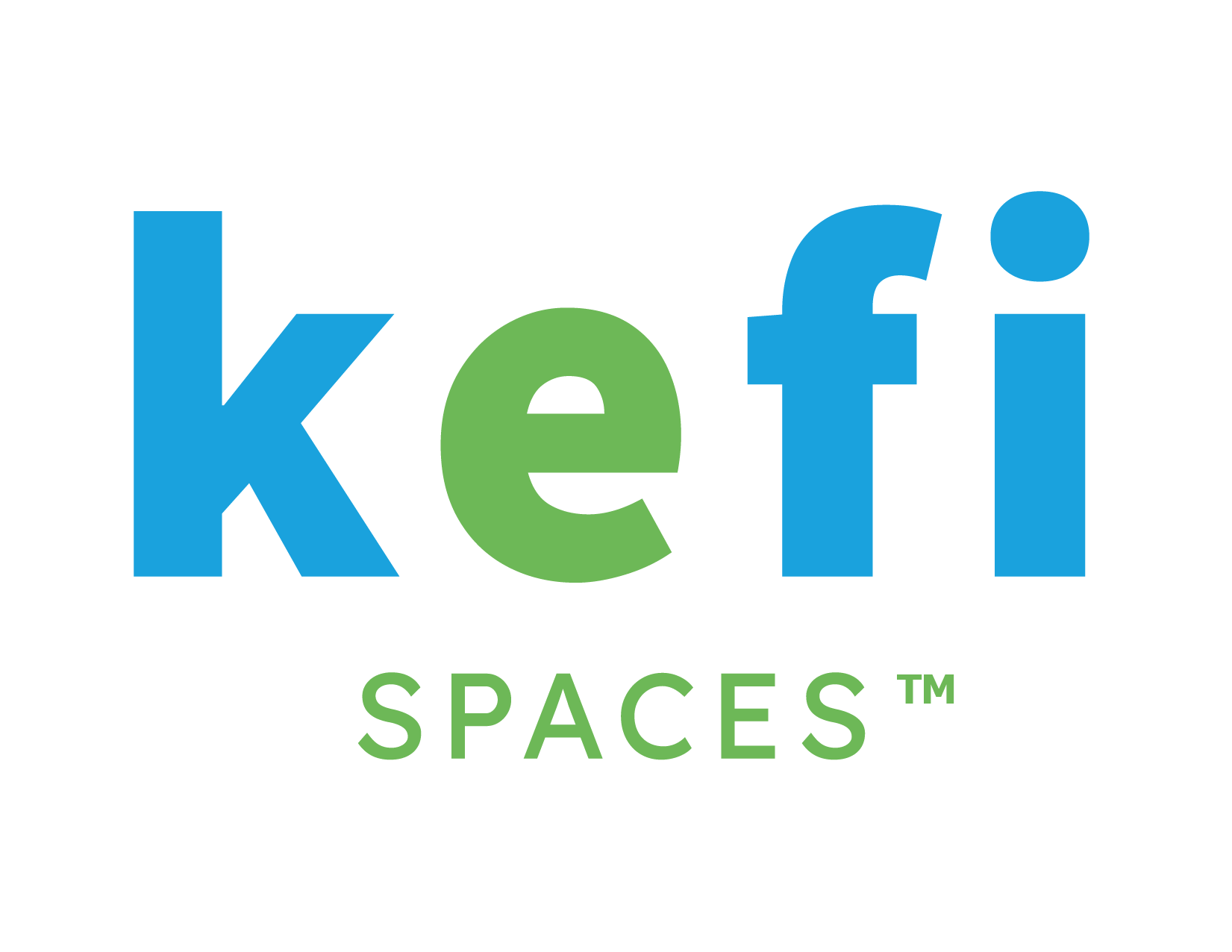Texas is considered a business-friendly state, with numerous options for funding and small business incentives. As businesses leave other states like California in record numbers, Texas business formations are on the rise.
If you’re ready to launch your big business idea in a state where bigger is always better, Texas may be the right choice for you. It might take a little longer than 24 hours, but we can tell you that the wait will be worth it.
Starting a Business in Texas Checklist
Decide on Your Business Entity
While you can start your business as a sole proprietor in less than 24 hours, we don’t recommend this as a best practice. Sole proprietorship leaves you vulnerable to litigation and other legal action, and could compromise your finances. Find an entity that offers a shield between your personal and professional assets and gives you protections that operating solo can’t.
Name Your Business
Paperwork and fees aren’t very exciting, but they are a necessary step in making sure your business is legal and protected. However, once that’s done, you can move on to something a little more fun — naming your business. Here are some tips to guide you in naming your Texas business:
- Make sure it isn’t in use by any other business in Texas.
- Keep it simple, easy to pronounce, and memorable.
- Be sure it isn’t too like the names of your competitors.
- Avoid using made-up words, complicated acronyms, or gibberish.
Designate a Texas Street Address
If you’re a Texas resident operating from home, this step is fairly easy. However, there are reasons you may not want to use your address. If you are an out-of-state resident, for instance, or if you simply don’t want to have your private home address associated with your business, a virtual business address may be the best choice for you. A virtual address allows you to receive and review a digitized version of your mail from anywhere, so you never miss a moment.
Name a Registered Agent
A Registered Agent is a person responsible for receiving your business’s important legal documents. While you can designate yourself as your business’s Registered Agent, it’s not usually recommended. The Registered Agent must be available in your state of operation to receive documents, so if you live somewhere else, or you travel frequently, it’s best to have someone else take on the role.
Secure an EIN
An EIN is your Employer Identification Number, and you must have one to pay taxes, manage payroll, or secure business banking and financing. You can get your EIN through the IRS. Either way, you can have your EIN ready in just a couple of business days, and be ready to roll.








